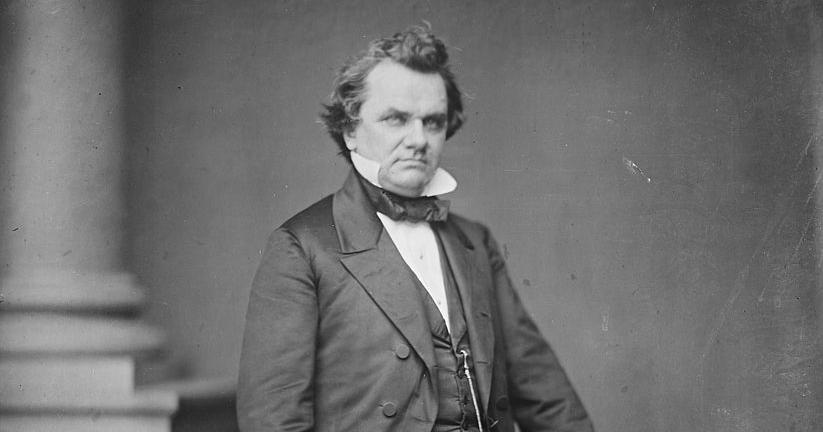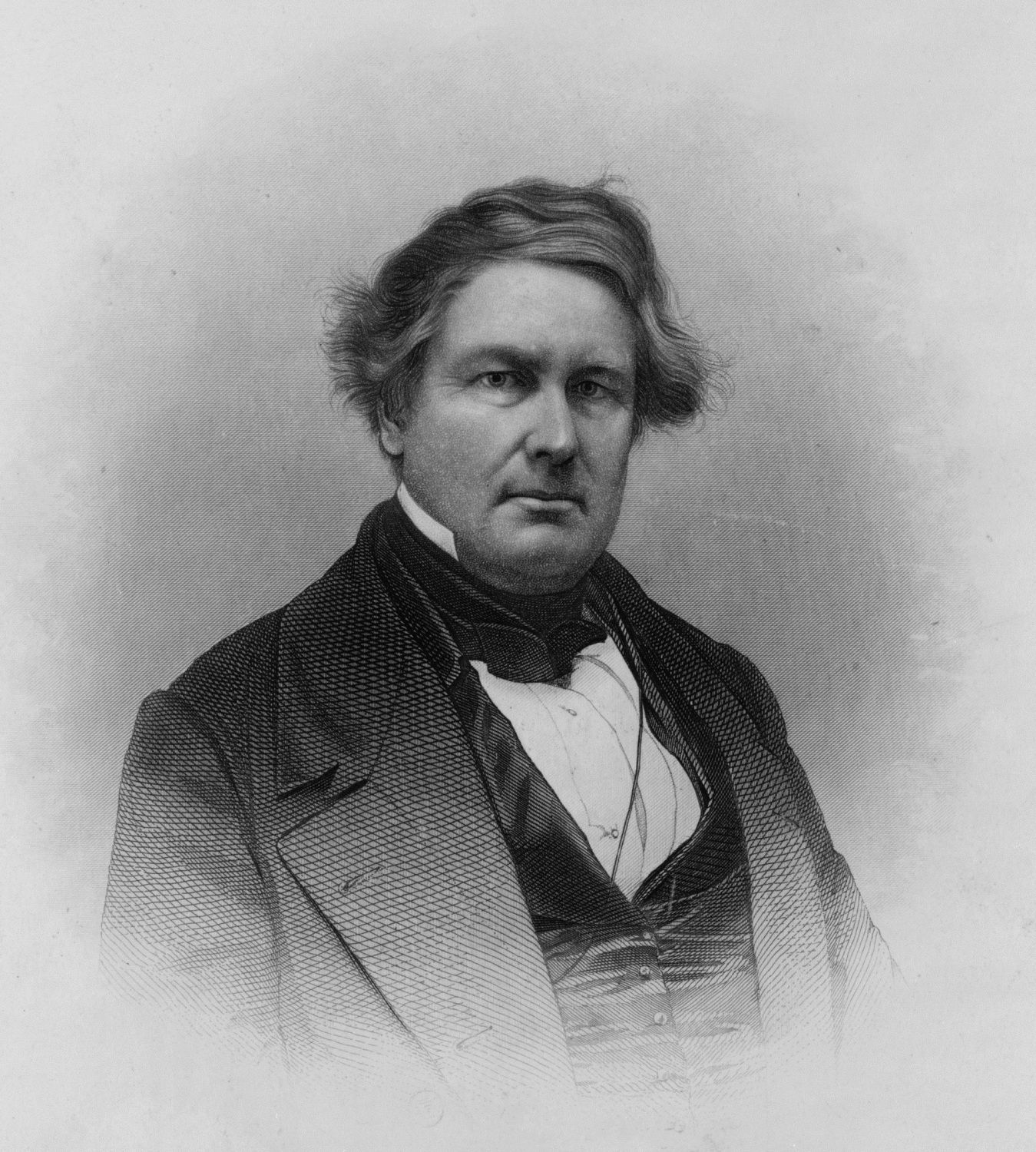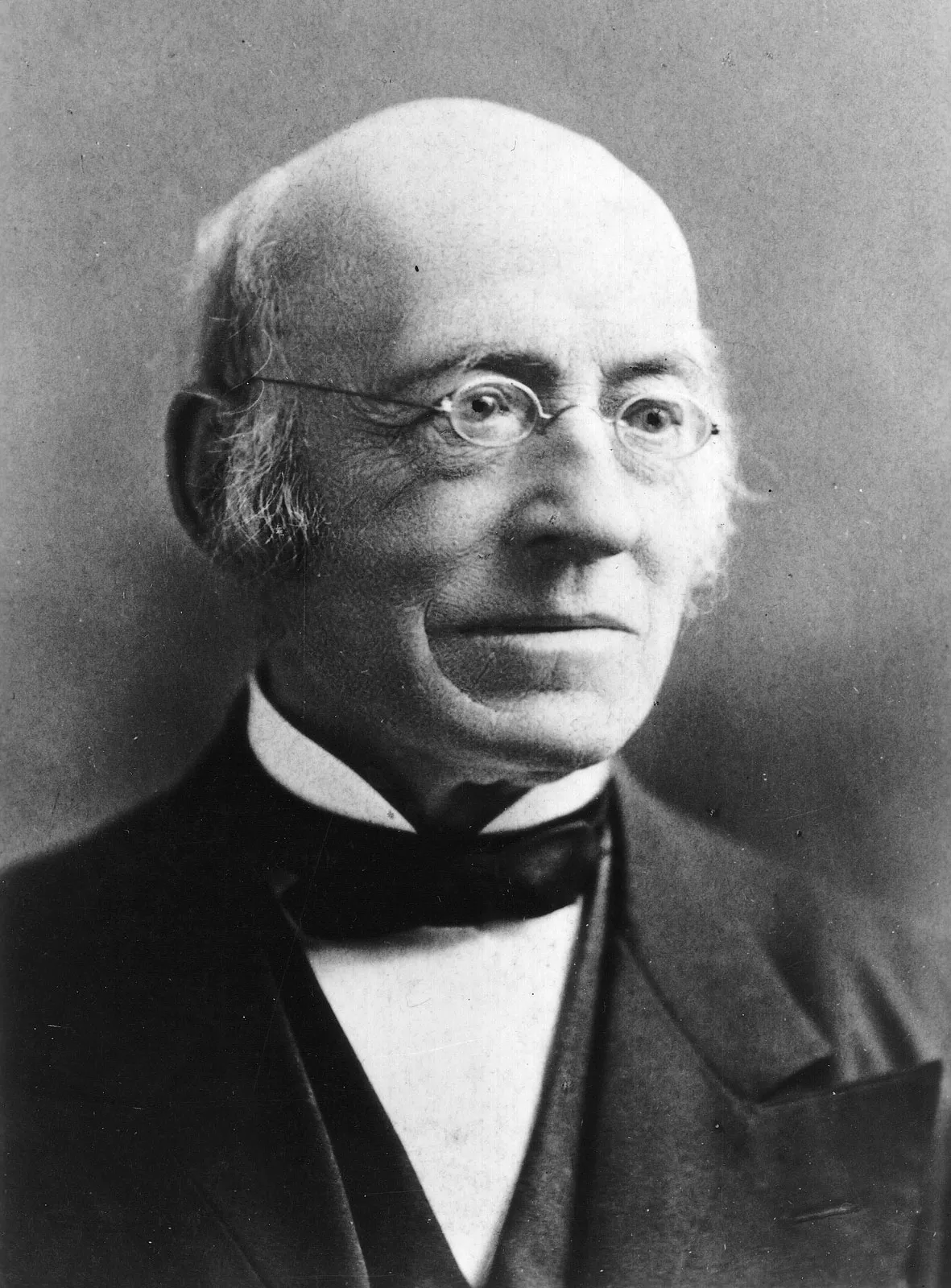Andrew Mellon
Andrew Mellon was a promient... financier, philanthropist, and politician who wielded immense influence over the United States' financial and cultural landscapes.
His story is one of success, innovation, but also of controversies that continue to fuel debates to this day.
Early Life and Rise to Prominence
Born in Pittsburgh, Pennsylvania, to a wealthy family, Andrew Mellon was groomed for success from an early age. His business acumen led him to amass one of the largest fortunes in America, which he further multiplied through shrewd investments and entrepreneurial ventures.
Major Contributions
Mellon's role as Secretary of the Treasury under three U.S. presidents dramatically shaped economic policies during the 1920s. He implemented tax cuts and federal budget reductions, fueling economic growth but also contributing to the inequality and financial instability that would later culminate in the Great Depression. Furthermore, Mellon was a dedicated philanthropist, responsible for the founding of the National Gallery of Art and supporting various educational and cultural initiatives.
Controversies and Complexities
While Mellon's financial policies brought short-term prosperity, critics argue that they also contributed to the conditions leading up to the Great Depression. His contentious role in the Teapot Dome Scandal further complicates his legacy, as does his focus on laissez-faire capitalism, which many view as prioritizing wealthy individuals and corporations over the welfare of the broader American public.
Public and Historical Perception
Although hailed as a financial genius during his time, Mellon's legacy has become a topic of scrutiny and debate among historians and economists, especially in light of the shifting attitudes toward wealth disparity and economic justice.
A Towering Figure
Andrew Mellon was undeniably a towering figure in American finance and politics. His influence continues to be felt, and his life serves as a testament to both the potential and the pitfalls of unfettered capitalism.
Biographica
George Dewey
George Dewey (1860-1835) WHO S/HE WAS: George Dewey was Admiral of the Navy, the only person in United States history to have attained the rank. He is best known for his victory at the Battle of Manila Bay during the Spanish–American War. WHAT S/HE SAID: To Charles Vernon Gridley, igniting the Battle of Manila Bay. You may fire when you are ready, Gridley. WHY S/HE MATTERED: When news of the victory in the Battle of Manila Bay reached the United States, Dewey became a national hero. Congress awarded him a promotion to real admiral and handed out citations to members of his fleet. Although he thought about running for president, he settled for writing accounts of his famous victory and publishing his autobiography in 1913.
Dorothea Dix
Dorothea Dix (1802-1887) WHO SHE WAS: Dorothea Dix was a pioneering American advocate for the mentally ill who revolutionized the way mental illness was perceived and treated in the United States. A teacher and nurse by profession, Dix dedicated her life to improving conditions for the mentally ill, lobbying for the establishment of more than 30 hospitals for their care. Her relentless advocacy led to widespread social reform and changed the landscape of mental health care in the 19th century. WHAT SHE SAID: “In a world where there is so much to be done, I felt strongly impressed that there must be something for me to do.” WHY SHE MATTERED: Dorothea Dix’s work mattered greatly because she highlighted the plight of the mentally ill at a time when they were grossly mistreated and misunderstood. She humanized those suffering from mental illness, advocating for compassionate care and specialized institutions. Her efforts
Sanford Dole
Sanford Dole (1844-1826) WHO S/HE WAS: Sanford B. Dole was a politician and jurist of Hawaii as a kingdom, protectorate, republic and territory. Conspired with Ambassador John L. Stevens to overthrow the Hawaiian monarchy of Queen Liliuokalani. WHAT S/HE SAID: I cannot help feeling that the chief end of this meeting is plantation profits, and the prosperity of the counrty, the demands of society, the future of the Hawaiian race only comes secondarily if at all. WHY S/HE MATTERED: In 1893, Sanford B. Dole participated in a coup to depose the reigning monarch of Hawaii, Queen Lili’uokalani. Following the coup, Dole was appointed president of a provisional government. U.S. President Grover Cleveland authorized an investigation into the matter and, concluded that Dole and others conspired with U.S. ambassador John L. Stevens to land United States Marine Corps, to forcibly remove the queen from power. When Cleveland demanded that she be
Stephen Douglas
Stephen Douglas (1813-1861) WHO HE WAS: Stephen Arnold Douglas was a prominent American politician from Illinois, best known for his series of debates with Abraham Lincoln during the 1858 Illinois Senate race. Douglas, often dubbed the “Little Giant” for his diminutive stature but formidable political influence, was a leading advocate for the doctrine of popular sovereignty, which held that settlers should determine whether slavery would be allowed in a new U.S. territory. WHAT HE SAID: “Let the people rule!” The rallying cry of Douglas, emphasizing his belief that the citizens of a territory had the right to decide their own laws regarding slavery. WHY HE MATTERED: Douglas played a key role in the political landscape leading up to the Civil War. His support for the Kansas-Nebraska Act and the concept of popular sovereignty intensified the national debate over slavery and contributed to the fracturing of the Union.
Frederick Douglass
Frederick Douglass (c.1818-1895) WHO HE WAS: Frederick Douglass was an American social reformer, abolitionist, orator, writer, and statesman. Born into slavery in Maryland, he escaped in 1838 and rose to become a leading figure in the anti-slavery movement. Douglass’s eloquence and incisive antislavery writings, including his autobiography, “Narrative of the Life of Frederick Douglass, an American Slave,” profoundly affected the American discourse on slavery and human rights. WHAT HE SAID: “Without a struggle, there can be no progress.” WHY HE MATTERED: Douglass’s impact on American history is immense. He advised presidents, lectured to thousands on a range of causes, including women’s rights and Irish home rule, and broke ground for African Americans in political positions. His life stands as a testament to the power of resilience and the fight for justice.
Ralph Waldo Emerson
Ralph Waldo Emerson (1803-1882) WHO HE WAS: Ralph Waldo Emerson was an American essayist, lecturer, philosopher, and poet who led the transcendentalist movement of the mid-19th century. He was seen as a champion of individualism and a prescient critic of the countervailing pressures of society. Emerson disseminated his thoughts through dozens of published essays and more than 1,500 public lectures across the United States. WHAT HE SAID: “To be yourself in a world that is constantly trying to make you something else is the greatest accomplishment.” WHY HE MATTERED: Emerson is often remembered as one of the most influential figures in American thought and literature. His work has not only shaped the philosophy of transcendentalism but also provided the intellectual foundation for American civil disobedience and the concept of nonconformity.
Millard Fillmore
Millard Fillmore (1800-1874) WHO HE WAS: Millard Fillmore served as the 13th President of the United States. His presidency was marked by a mix of accomplishments and controversies. Fillmore signed the Compromise of 1850 into law, attempting to address the contentious issue of slavery in new territories. His leadership during this period reflected the challenges of maintaining national unity. WHAT HE SAID: Reflecting on his role in the Compromise of 1850, Fillmore stated: “God knows that I detest slavery, but it is an existing evil, and we must endure it and give it such protection as is guaranteed by the Constitution.” WHY HE MATTERED: Millard Fillmore’s presidency occurred during a time of intense debate over slavery’s expansion. His decisions, while aiming to maintain peace, exposed the deep divisions within the nation. Fillmore’s legacy is a reminder of the complexities inherent in leadership during pivotal historical moments.
Charles Grandison Finney
Charles Grandison Finney (1792-1875) WHO HE WAS: Charles Grandison Finney was a central figure in the Second Great Awakening, renowned as one of the most influential revivalist preachers in American history. His innovative methods and charismatic oratory drew massive crowds, leading to numerous conversions and a reshaping of American evangelicalism. His advocacy for social reforms, particularly the abolition of slavery and the promotion of women’s suffrage, intertwined his religious convictions with a quest for social justice. WHAT HE SAID: “A revival is nothing else than a new beginning of obedience to God.” WHY HE MATTERED: Finney’s influence extended beyond the pulpit; he contributed significantly to the development of modern revival techniques and was instrumental in the formation of Oberlin College’s theology, which was a hotbed for abolitionist and reformist thought. His belief in the possibility of immediate, dramatic conversion shaped the emotional fervor of religious experience in the 19th century.
William Lloyd Garrison
William Lloyd Garrison (1805-1879) WHO HE WAS: William Lloyd Garrison was a preeminent American abolitionist, journalist, and social reformer. He is best known for founding the anti-slavery newspaper, *The Liberator*, and for his unwavering insistence on the immediate emancipation of all enslaved peoples. His vocal advocacy and incisive writings galvanized the abolitionist movement and provoked national debate on slavery. WHAT HE SAID: “I am in earnest – I will not equivocate – I will not excuse – I will not retreat a single inch – AND I WILL BE HEARD.” WHY HE MATTERED: Garrison’s significance lies in his radical approach to abolitionism. His commitment to nonviolence, women’s suffrage, and civil rights spearheaded a new era of progressive thought in America. He sought not just to reform, but to revolutionize society’s attitudes toward race and equality. His efforts helped to pave the way for the eventual abolition of slavery with the
Ulysses S. Grant
Ulysses S. Grant (1822-1885) WHO HE WAS: Ulysses S. Grant was the 18th President of the United States and a commanding general during the Civil War, leading the Union Army to victory over the Confederacy. His presidency was marked by efforts to reconstruct the post-war South and enforce civil rights for freed slaves, though his administration was also tarnished by various scandals. WHAT HE SAID: “The art of war is simple enough. Find out where your enemy is. Get at him as soon as you can. Strike him as hard as you can and keep moving on.” WHY HE MATTERED: Grant was crucial in the Union’s Civil War triumph, which preserved the nation and ended slavery. As president, his Reconstruction policies aimed to integrate Southern states and ensure rights for African Americans, shaping the course of American history in the aftermath of war.
Charles Guiteau
Charles Guiteau (1841-1882) WHO HE WAS: Charles Guiteau was a disturbed individual who infamously assassinated President James A. Garfield. His actions shocked the nation and led to discussions about mental health, political violence, and the security of public figures. WHAT HE SAID: Reflecting on his motivations, Guiteau proclaimed: “I am a Stalwart and Arthur will be President. The President’s death was a political necessity.” WHY HE MATTERED: Charles Guiteau’s assassination of President Garfield underscored the importance of presidential security and the consequences of unchecked political extremism. His tragic act sparked debates about the influence of mental illness on criminal behavior.
Alexander Hamilton
Alexander Hamilton (1755-1804) WHO HE WAS: Alexander Hamilton was a founding father of the United States, an influential interpreter and promoter of the U.S. Constitution, the founder of the nation’s financial system, and the founder of the first American political party. As the first Secretary of the Treasury, Hamilton was the main author of the economic policies of George Washington’s administration. WHAT S/HE SAID: “Those who stand for nothing fall for everything.” Hamilton was a man of strong convictions and this quote exemplifies his belief in standing firm on principles. WHY S/HE MATTERED: Hamilton’s influence on America’s financial structure is unparalleled. He established the national bank, formulated the doctrine of implied powers, and set up a tariff system. His foresight in developing federal financial policies shaped the path of a young nation and laid the foundation for American capitalism.












